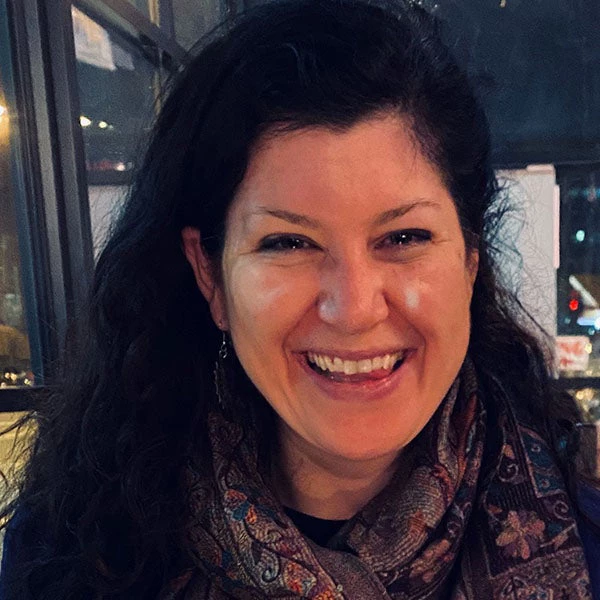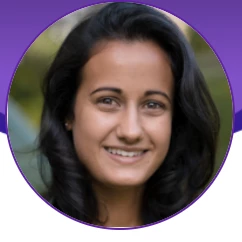The World Bank’s Early Learning Partnership (ELP) launched the Early Years Fellowship in 2016 to build capacity within countries and develop the next generation of leadership to scale-up investments in Early Childhood Development (ECD). On July 15, 2021, the ELP held a graduation ceremony to celebrate the accomplishments of the 2nd cohort of Early Years Fellows.
This remarkable cohort of 25 young professionals worked across Human Development sectors for the World Bank and with governments for two years, while simultaneously enrolled in an extensive professional development program. The Fellows worked across 34 countries across the globe, speak a total of 25 different languages, and bring more than 200 years of combined work experience and diverse backgrounds with training as medical doctors, economists, psychologists, teachers, social workers and researchers. One-quarter of this cohort was recruited from abroad and returned to their home countries to support their countries’ efforts to expand quality early childhood services.
The World Bank’s Vice President for Human Development, Mamta Murthi, opened the ceremony and emphasized the important roles the Fellows have played in supporting cross-sectoral work and acting as a bridge to maximize and align investments that promote better ECD.
Amit Dar, the World Bank’s Regional Director of Human Development in Eastern and Southern Africa, underscored that this work has become even more important during the COVID-19 response. Fellows worked with their World Bank colleagues, governments and other partners to develop, contextualize and deploy solutions to support ECD that otherwise would not have been implemented. These solutions, which included resources and tools that could be delivered to families via mobile, internet, TV, radio and print, were integrated into a range of programs across health/nutrition, education and social protection and are now being scaled up across countries.
The Fellows also took initiative to better understand the pandemic’s impact on early childhood and leverage their global presence. They decided to map the early childhood impact and policy responses to COVID-19 across education, health and nutrition, and social protection. The resulting COVID-19 and the Early Years: a Cross-Country Overview of Impact and Response in Early Childhood Development was published in July and includes data for 26 countries across 4 continents.
To work effectively in their remote environments, Fellows quickly honed new skills. They integrated quickly into their teams despite having spent only a few weeks in the country office before travel restrictions were put into place. Dena Ringold, the World Bank’s Regional Director of Human Development in Western and Central Africa, reflected that Fellows showed remarkable flexibility and noted that the value of their contributions to expand World Bank ECD expertise and capacity at country level has been enormous.
Jaime Saavedra, the World Bank’s Global Education Director, noted that the design of the Fellowship ensures not only that World Bank teams get the benefit of working with these Fellows who bring substantial ECD expertise, but also that the Fellows continue to build their own capacity through the professional development component of the program. For example, each Fellow finalized a capstone project, which is an independent research or writing project on a topic of interest. The products developed are supporting countries in the design and implementation of policies and programs to advance ECD and are contributing to the global evidence base. Fellows also engaged virtually with external mentors, leading experts in early childhood, to access wider resources in the field of ECD, expand their network and ensure their perspective and experience extended beyond the World Bank.
Maniza Ntekim, who previously served as the ECD Regional Adviser for UNICEF’s Eastern and Southern Africa Regional Office, has worked closely with Fellows as a mentor and commended the Fellows for helping World Bank teams and governments to identify opportunities to embed early childhood into services in a practical and strategic way. Ana Maria Nieto, a Senior Program Specialist at the LEGO Foundation, praised the power of this group of ECD champions to strengthen and build new bridges within the global movement. Many Fellows are continuing to support World Bank teams in the COVID response and recovery, while others have accepted new positions working in the World Health Organization, UNICEF and the public sector to improve early childhood services in development and humanitarian settings in their country and regionally. Two Fellows are pursuing graduate studies to improve early childhood policy and research.
The Early Years Fellowship is supported with funding from the LEGO Foundation, Children’s Investment Fund Foundation, the UK’s Foreign, Commonwealth & Development Office (FCDO) and the Conrad N. Hilton Foundation. To learn more about this cohort of Early Years Fellows and access future updates on plans for the third cohort of the Fellowship, please visit our webpage.




Join the Conversation